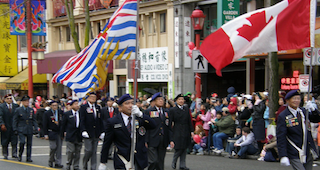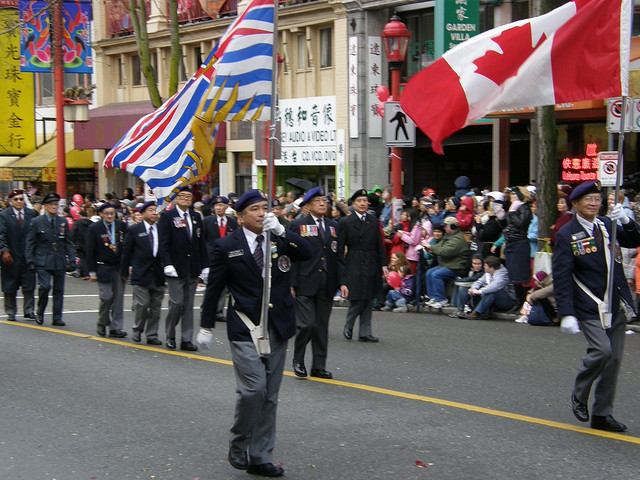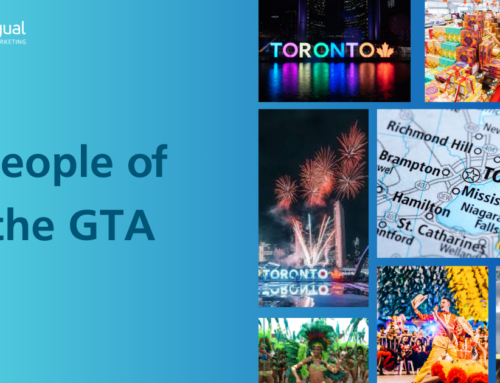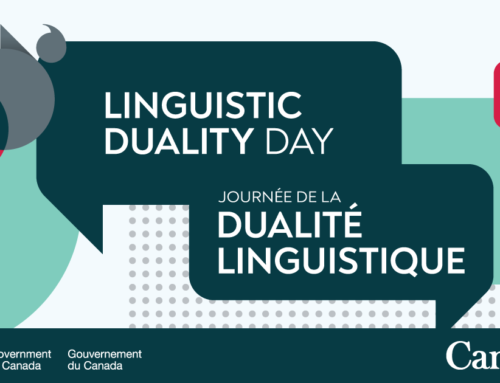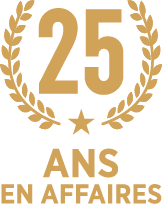Recent business immigrants in Metro Vancouver are taking advantage of a new provincially-funded program that helps prepare them to establish entrepreneurial opportunities in their new country, according to Ray Tseng, a business case counsellor for the program.

“We’ve been very busy,” Tseng said Thursday in an interview. “But we need to do more marketing and promotion.”
Tseng said the program, which received $2 million in funding and is run by the social service agency S.U.C.C.E.S.S., currently has nine employees helping to provide clients with information, one-to-one counselling, workshops and courses, mentoring and case management activities.
He said although most of his clients, who include immigrants who have been in Canada less than five years, are Chinese-speaking, resources are also available in English, Chinese, Korean and Punjabi. All clients are encouraged to learn or improve their English language skills, he added.
“We develop quite a few information packages,” he said, before translating them from English into Mandarin, Korean and Punjabi. “That’s the main target.”
Tseng’s comments came a week after a blog posting on the LAT Multilingual website noted that Metro Vancouver’s 2011 population of 2.3 million people is expected to expand by more than one million additional people and 600,000 new jobs in the next three decades.
Using Statistics Canada data, the posting showed that Panjabi (Punjabi) was the most common mother tongue other than English in B.C. in 2011. But taken as a group, the second, third and fourth place reported languages, (Cantonese, Chinese and Mandarin) would easily be the leader among non-official languages.
A further breakdown of the data showed that, in terms of languages, the greatest diversity in the Metro cities occurred in Richmond, Burnaby and Vancouver. In all three cities, the top three non-official languages were reported as Cantonese, Chinese and Mandarin.
In a June press release announcing the BIIS program, Thomas Tam, then CEO of S.U.C.C.E.S.S., said immigrant settlement and social-economic development are intertwined.
“Business immigrants have their unique intelligence, economic ties and skills,” Tam was quoted as saying. “We need to take a different approach of cross-cultural business understanding, orientation, business language training, facilitation, bridging and integration program to enable them to continue their success.”
Tseng said Thursday the largest group of clients is between the ages of 35 and 44 and the second largest group is between 45 and 54. About 68% have university degrees and there are a few more males than females.
The typical person in the program wants to settle in Canada and either learn entrepreneurial skills or learn to use their existing skills better to take advantage of opportunities in their new nation and to maximize their earning power.
“We try to educate them as to what is the proper way to do business
Although Tseng believes there are a lot of business opportunities in Metro Vancouver for new Chinese Canadians, he said they are encouraged to not just set up so-called traditional immigrant businesses such as a laundry or a grocery store. Instead, he added, clients are steered towards developing businesses that cross all cultures.
Quite a few new immigrants are indeed branching out, he said, and getting involved in the more mature mainstream business environment by investing in franchises, wineries and construction companies.
The biggest hurdle facing new immigrants, he said, is adequately learning English so they can fully participate in business, the broader culture and other aspects of the community.
Tseng’s clients use both traditional media sources, such as English and Chinese newspapers, as well as digital and social media, to learn, communicate and conduct business. “In China now, the whole technological environment is much more advanced compared to Canada so they do a lot of those things already: social media, blogs, e-commerce. They are using everything.”
Even though the clients are busy adapting to their new country, he said, they are still very involved with Chinese customs, such as the Chinese New Year celebrations that begin Sunday. In essence, the new immigrants are learning to bridge two distinct cultures.
File photo of Chinese New Year in Vancouver, BC. Photo by Scazon (https://bit.ly/QmEphL)
As for the local Chinese community, Tseng predicted it will continue to grow as Metro Vancouver becomes an even larger population centre.
Do you wish to connect with the non-English speaking community? We can help!

